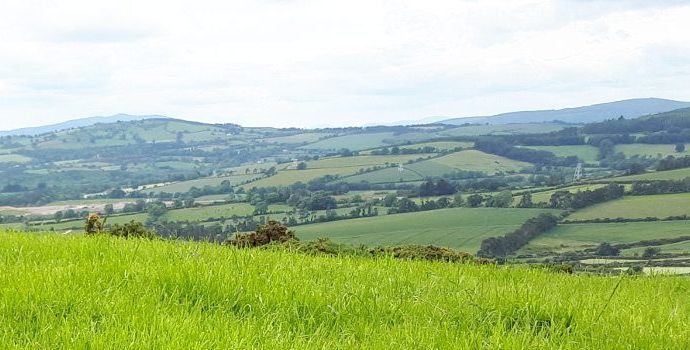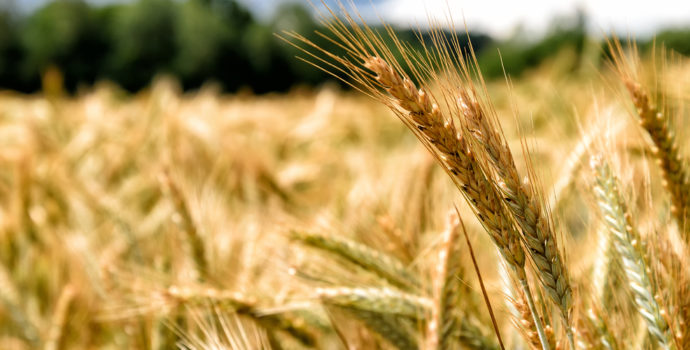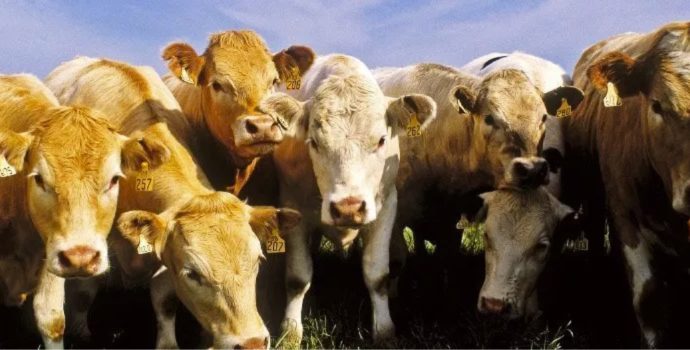IFA Makes Case in Brussels for Real ‘soft Landing’ Before 2015,but Urges Caution Among Irish Dairy Farmers

IFA National Dairy Committee Chairman Kevin Kiersey was in Brussels this week to meet with other European farm organisations members of COPA, and the EU Commission officials in charge of the review of the ‘soft landing’.
Mr Kiersey made a strong case for the recognition of the absence of a ‘soft landing’ in Ireland in the context of the review, and the need for additional measures to help Irish and other dairy farmers in the EU deal with rising quota prices and superlevy before 2015.
However, he warned that, with dairy markets softening in 2012, both the EU Commission and the majority of European farm organisations had hardened their position on the topic. “We are totally committed to feeding into this year’s review to obtain recognition of our problem, but prudent dairy planning on Irish farms must assume no change before 2015. If our campaign is successful, it will be a bonus.”
“We have persuasively articulated the case on behalf of Irish dairy farmers to help our European colleagues and the EU Commission understand where we are coming from,” Mr Kiersey said.
“The EU Commission’s definition of the ‘soft landing’ – a reduction in quota prices, and production falling below quota – is simply not occurring in Ireland and in a small number of other milk producing member states including Germany, Austria, Denmark and the Netherlands. Instead, rising quota and superlevy costs are damaging the competitiveness of dairy farmers in Ireland and in those other countries – those with the greatest potential to generate additional export revenue for the EU economy post-2015,” he said.
“We have shown that the weighted average price of milk quota through the Irish Milk Quota Trading Scheme has increased by over 230% since 2010, while the average allocation has fallen by 76% over the same period. We have also reminded the EU Commission and our European farming colleagues that a small amount of additional flexibility in the EU before 2015 will have little influence on the global supply/demand balance and international price volatility,” he added.
“However, we were struck by the hardening of positions by both the EU Commission and the majority of Europe’s farm organisations in the context of the softening of markets. While our campaign programme continues, it is crucial that Irish dairy farmers do not make any assumptions about greater quota flexibility before 2015,” he concluded.




